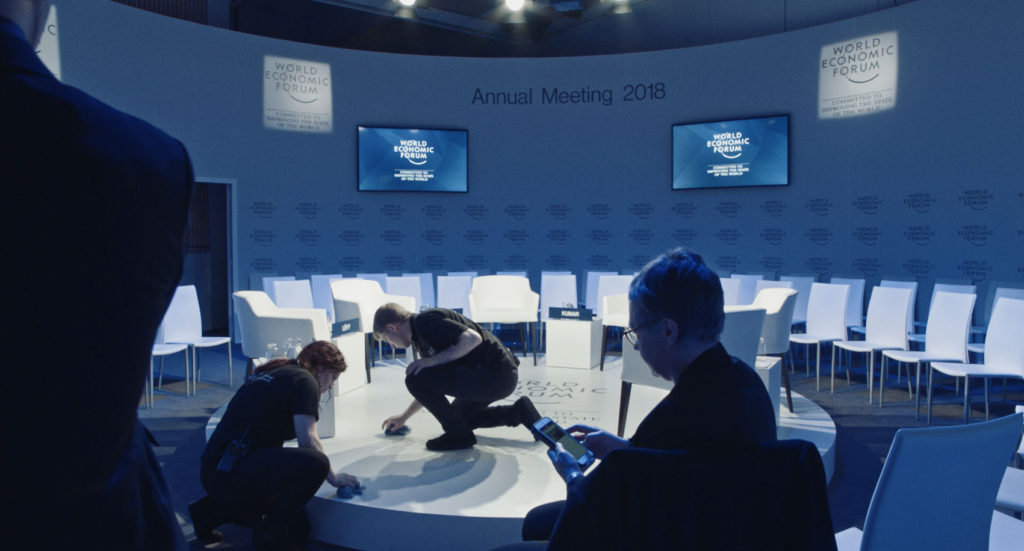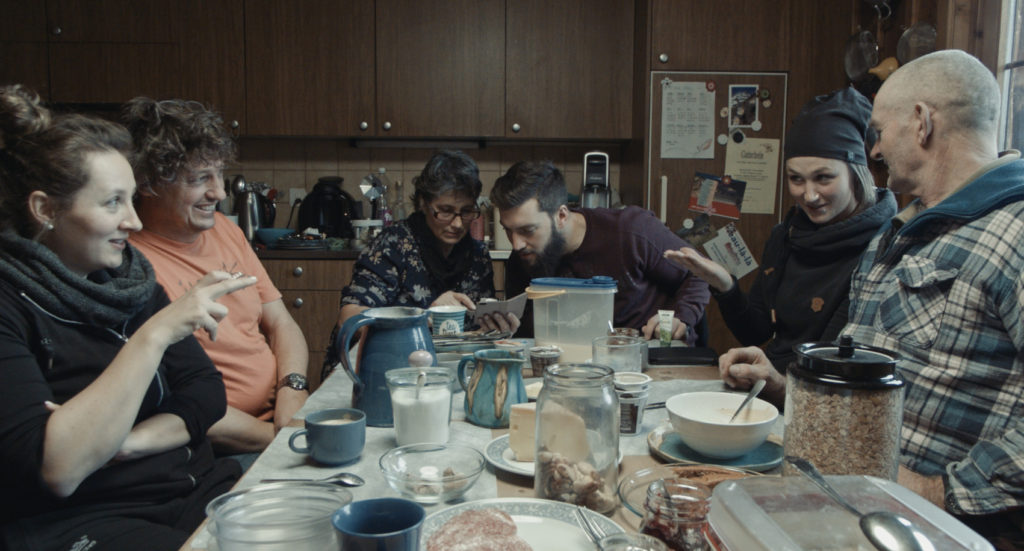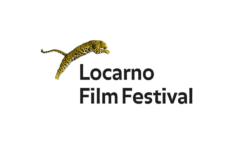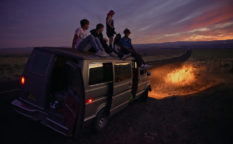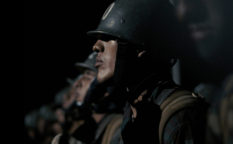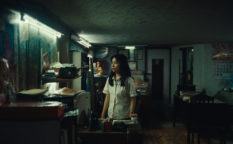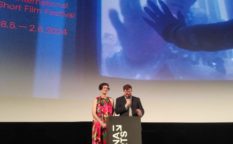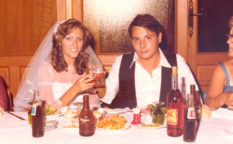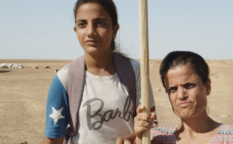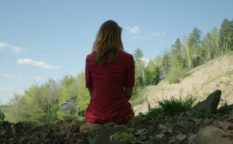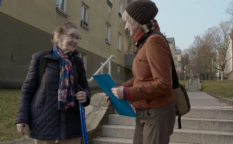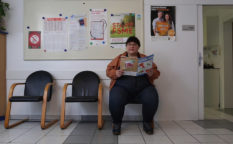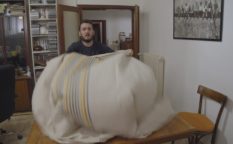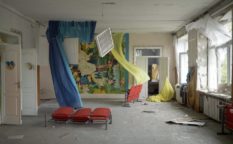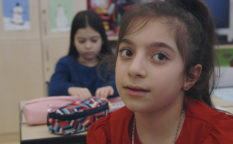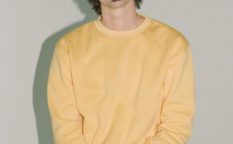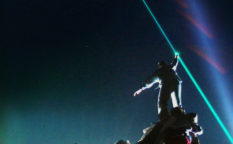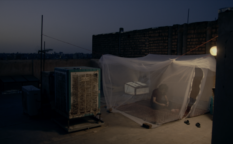Review: Davos (2020)
The meager conference room is moderately filled. A handful of middle-aged citizens listen to an elaborate PowerPoint presentation of a World Economic Forum (WEF) representative, who is repeatedly highlighting its monetary value for the town of Davos. A question from the audience arises. What is the cost-benefit of this event, of global leaders talking to themselves behind closed doors? “Dialogue in a globalized world”, is the quickly given, almost rehearsed answer.
The question the documentary Davos keeps asking though is, dialogue between whom? As the global leaders and thinkers take the stage at a later point, the setup makes for a very private and secluded picture. The elite amongst themselves, reinforced by the throwaway icebreaker of the host exclaiming “We know each other from Harvard”. What are the chances? During an interview with the press, WEF founder Klaus Schwab happily elaborates on creating “dialogue” with rogue U.S. President Donald Trump but evades any further questioning about the decreasing quota of women and the increasing age average of participants.
What is driving these people? And how does their work relate to the world we live in? In a small mountain village like Davos, both extremes live next door. An enticing opportunity for Austrian filmmakers Daniel Hoesl and Julia Niemann. They camped out for a year in the Swiss town, capturing its daily routines, its banalities, and the circus that is the international economic elite setting up camp once a year. Their cinematic result just had its world premiere in the International Feature Film Competition at Visions du Réel.
The timing of the premiere in 2020 is significant, as the Forum will celebrate its 50th anniversary this year. In the documentary, which was shot the year before, the WEF is, therefore, being reevaluated by Davos’ citizens. Capturing an equilibrium between those opposites, modern capitalism, and traditional life is tricky. How to portray a fractured world, in which everyone has different ideas about money, globalization, nature, or tradition? Hoesl and Niemann opted for delivering an unagitated glimpse of the city and its citizens instead of a standard behind the curtains’ view of the WEF. Next to flashy modernist hotel complexes, fancy suits, and think tank gatherings, they cast an unembellished look at the rural inhabitants.
Starting this foray are a farmer and his wife, living in a remote traditional farmhouse. Their life at first insinuates a pastiche of a traditional “Heimatfilm”. The rustic wooden home, the bare-bones stables, gathering the hay, milking the cows, and the participation at the Davos Cattle Show. But at the core, the couple’s biggest concern is the price of milk and no one being willing to take over the family business. “I want to become a farmer, but it’s too difficult nowadays”, a younger family member explains. In a town talking about money, there is none to be made for its people.
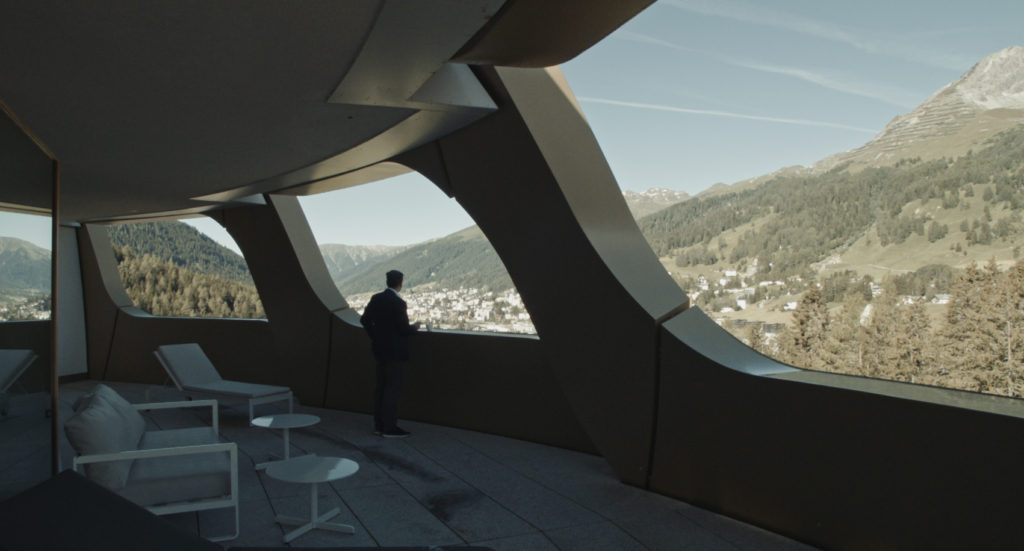
In another corner of the city, the Portuguese Fishing Club is holding a BBQ in a garage after a long day at the lake. But there is little gain in their hobby. He wouldn’t eat the trout for any money in the world, one of the fishermen exclaims. “Have you ever thought about all the piss and puke from Davos ending up in the lake?” Not a single fish filet can be spotted on the grill, the act of fishing now permeated by a strain of purposelessness.
The strongest clash of worlds, however, comes from the approach to refugees. A luminous sign, somewhat lost in the busy foyer at the World Economic Forum, offers a presentation on “A Day in the Life of a Refugee”. The simulation of a task force invading a refugee settlement and IDing its inhabitants serves to give the participants a feel of the situation. At the same time, Hoesl and Niemann point their lens multiple times at a refugee home located in the same village, yet invisible to the Forum. The Afghan boys, dealing with coming of age issues, their lack of paperwork or a future, and keeping the Ramadan, are only real to those seeking them out. At the WEF, refugees are an economic driven bullet point. To their counselors, their daily struggles are real.
Hoesl and Niemann quietly observe these juxtapositions, putting their unnamed but relatable protagonists at the center of the action, never picking a side. It is a look through a keyhole, an elliptical process of daily life. The cows must be milked before the WEF rolls into town and they will be milked after the last world leader has left again. It’s a give and take between both sides. “Nothing ever happens here”, the editorial board of the local news sighs during their daily conference. The WEF thankfully provides them with some big scale reporting.
So what is really at stake in Davos? There is an approximation to that question in the artwork displayed at a local gallery. The 1925 painting “Davos in Summer” by Ernst Ludwig Kirchner, a modern expressionist take on a town that does not want to be seen as a sleepy historic spa resort, offers identification and the underlying strive for relevance. A town that takes center stage, but the music is playing somewhere else.
There is unagitated soberness to conference members discussing the need for growth, jobs, and the free market or defending bonuses and tax cuts to CEOS. “That is what capitalism is about”, is the pointed summary of a preppy female panel participant. To the people of Davos, this is distant chatter. They meet in the picturesque mountain landscape for their traditional Swiss wrestling competition, “Schwingen” in the native tongue. This, by the way, was also captured in another painting by modernist Kirchner.
So with all its push for modernity, dialogue, and the world stage, there is no future for Davos without its grounding in tradition. Capitalism may touch everybody’s life. But some things remain unaffected.
Original Title: Davos
Running Time: 100′
Language: English. Portuguese, German
Directed by: Daniel Hoesl
Written and co-directed by: Julia Niemann
Cinematography: Andi Widmer
Editing: Gerhard Daurer
Sound: Eva Hausberger, Andi Pils, Reto Stamm
Sound Design: Gerhard Daurer
Sound Mixing: Andi Pils
Line Producer: Georg Aschauer
Colour Correction: Andi Winter

